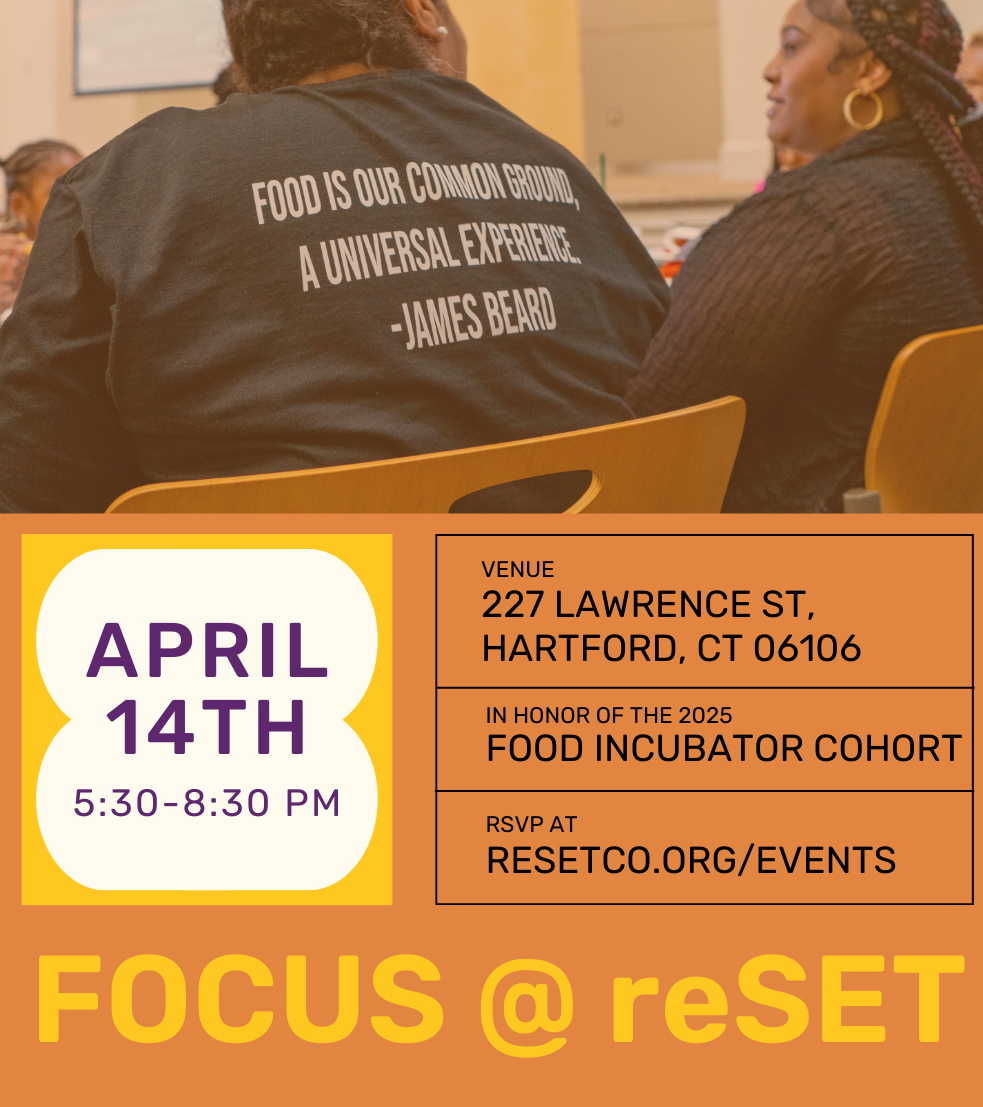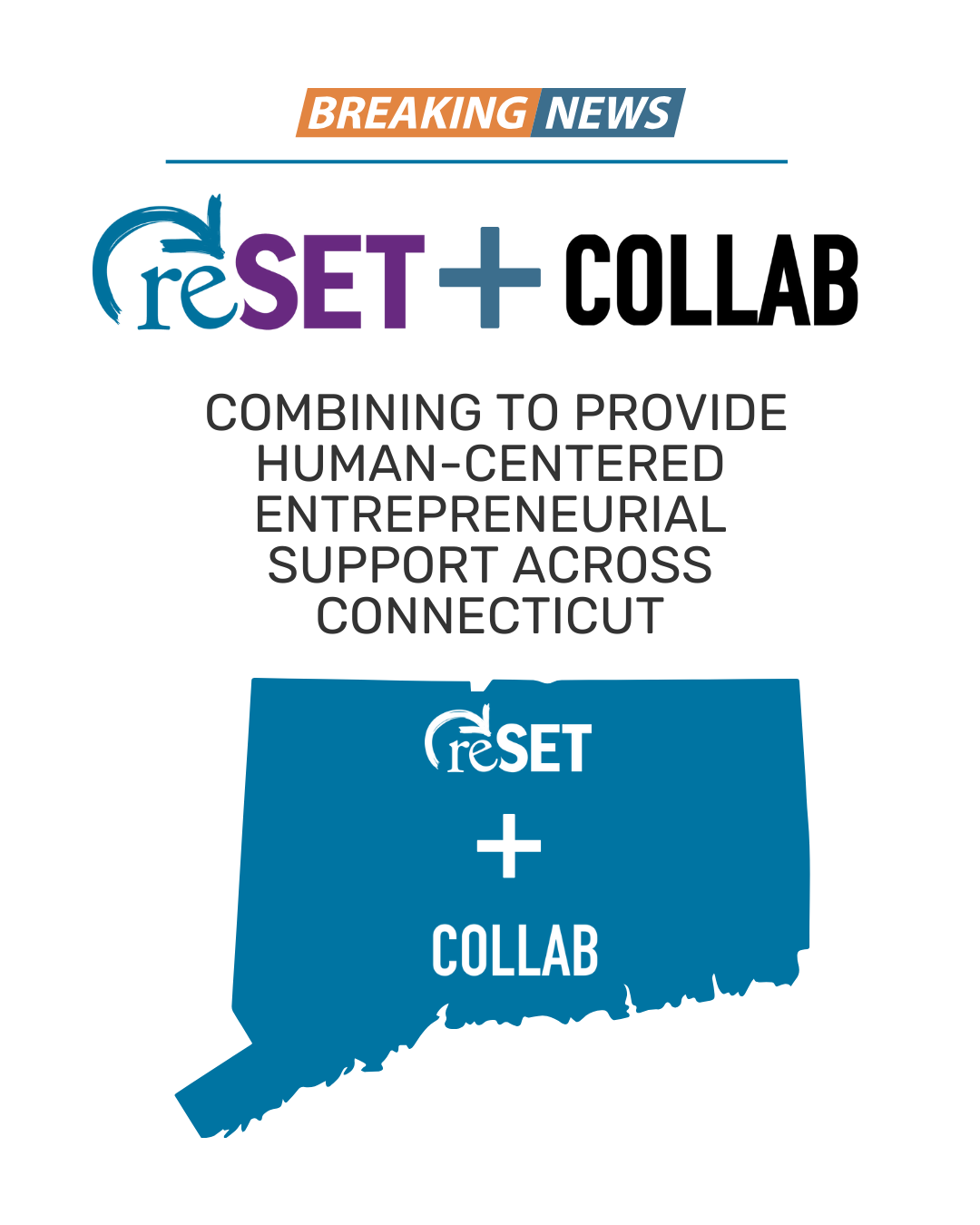For full Hartford Courant article details and related content, please click here.
By Alban Murtishi
Working from his basement, Lance Graziano takes a phone call for a ride reservation through his Sober XPress. Graziano started Sober XPress four years ago. A former UConn student, he dropped out of school to start the business to pickup drunk people and takes them to and from their destination on the weekends. Graziano gets paid by suggested donations of $3 – $4 per ride.
(Mark Mirko / Hartford Courant)
STORRS — Three years ago, Lance Graziano had an idea to make some extra money while attending the University of Connecticut: give rides to intoxicated students on the weekends, and collect a small donation.
The side job evolved into Sober XPress, in which Graziano organized student drivers to pick up their drunken peers for a $3 to $4 donation. Within months, he was recruiting dozens of students and a year later he dropped out to manage Sober XPress full time.
“In a majority of my classes, I’d be on my laptop doing work for Sober XPress,” Graziano said.
Graziano is part of a new generation of college entrepreneurship, one that is obsessed with technology, like social media and apps. At colleges and universities across Connecticut, students who put their creative ideas to work are growing in number, thanks to the low cost of technology, ease of programming and the limitless potential of the digital marketplace.
Kate Emery, CEO of reSET, a business incubator in Hartford, said the low cost of starting a business and the rapid successes of innovative, no-inventory companies like Uber and Twitter, have made entrepreneurship a popular option with students.
“What you’re finding is that it’s so doable nowadays to start a business. A lot kids are realizing, why not do this when your job as an employee for someone else isn’t safe,” Emery said.
Mark Smith’s Macroscopic Solutions is one of the notable success stories.
His company develops technology for cameras that can stack dozens of photos of microscopic things, like the leg of a housefly, to create a clear, un-pixelated composite image.
In this Dec. 12, 2015 photo, Lance Graziano, 22, stands by one of the cars his Willington, Conn., company uses to provide rides to drunk UConn students on the weekends. Graziano has found a niche market for Sober XPress, an Uber-like service, which he plans to expand to the University of Rhode Island and the University of Massachusetts.
(Pat Eaton-Robb / Associated Press)
Image stacking technology could cost about $150,000 per image, but Smith, a UConn graduate student alumnus, developed a process that costs one-fourth of that, and started selling it to universities and hospitals.
But like other college entrepreneurs, Smith and his wife, who also runs the company, have struggled with balancing being businesses with other career options.
“I still don’t know if it’s what I want to do. We battle with whether we want to continue our careers as scientists. … This technology has potential to innovate. We can really stretch this technology,” Smith said.
Rich Dino, a professor of entrepreneurship at UConn, said there is no shortage of new ideas from students.
According to Dino, Innovation Quest, an entrepreneurship competition at UConn that awards funding to student business ideas, saw a 57 percent increase in applications from last year.
However, of the 77 businesses that applied for Innovation Quest, Dino predicts only a couple of those will become successful.
While college entrepreneurs are creative with technology and networking, they lack the ability to identify market opportunity, and the experience to capitalize on it.
“What you need is a market need, and then you create an innovative, sustainable solution for that need. They do it backward,” Dino said. “They’re missing the skills, and about 10 to 15 years of experience.”
Micah Onditi founded Mivy his freshman year to service a common problem on campus. Buying textbooks at Trinity College was expensive, and reselling them was costly, so he created an app to match textbooks buyers and sellers on campus, taking a 7 percent cut of every transaction, and most transactions sold for under $100.
According to Onditi, Mivy is used by 450 students across 12 different campuses.
Onditi is a sophomore at Trinity, and he spends every free minute, including some class time, developing his app, and running his company out of his dorm room.
He is confident about his future as an entrepreneur; he wants Mivy to be a dorm-room staple, and eventually get purchased by Google.
“Every day, every hour, every minute I think about Mivy,” Onditi said.
Emery encourages this kind of spirit, but also warns about the false impression created by “unicorns,” companies like Uber and Facebook that take off within two to five years or get purchased by some larger company.
“They’re extremely rare. For every one of those unicorns, there are hundreds that don’t take off at all,” Emery said.
Regardless of its success, Onditi said, managing Mivy makes him happy.
“I’ve avoided having a college job or working somewhere that I don’t want to work, something that makes me feel like a waste of my time. I avoided everything that made me feel that I have no purpose. Mivy has taught me to improve,” Onditi said.
At Sober Xpress, Graziano is developing an app that might let him eliminate the call center he runs out of the living room in his apartment.
The move will make it easier to set up rides with drunken college students, and the app will collect data on where college students go on the weekends. On an average night, after commission for drivers, Sober XPress can pick up $200 per car per weekend.
“A lot of companies are in much more of a dream state, where they’re running it like an idea because of the cash flow coming in,” Graziano said. “Our main advantage is that I’m going to run Sober XPress like a business, and not an idea.”








